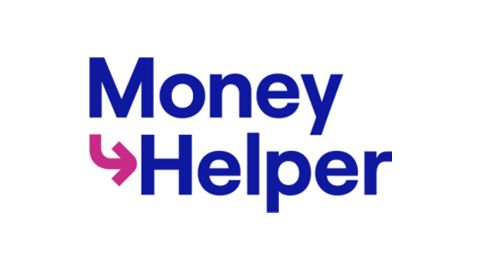
MoneyHelper
Free tools and impartial information to help you manage your money.

Worried about the way you spend your money? Here are some tips to help you stop splurging.
Ask yourself what’s going on when you spend money on things you don’t really need. A ‘spending trigger’ is a feeling or situation that makes it easy for you to break your spending rules. For some people, it can be feeling stressed or bored, while others want to buy things their friends have got. Make a list to help you understand what triggers your impulse to spend.
Every time you buy something you don’t need, make a note of what you bought and how much it was. Adding up your purchases can help you to see exactly how much you’re compulsively spending. If you are a Barclays Bank customer too, our spending feature in the Barclays app1 shows you where your money is going in certain categories and can help you to decide if there are any areas you might want to try to save money. You can also add your accounts from other providers to see all your balances and transactions in one place.
Make a checklist to help you work out whether something you want is just an impulse buy. Why do you need it? Could you get a cheaper alternative if you wait or go elsewhere? How much use will you get out of it? Have you bought things like this before and regretted it later? These simple questions can help you keep your cool when faced with the temptation to splurge.
If you are a Barclays Bank customer too, we’ve got various tools in the Barclays app1 that can help you to control how and where you spend your money. You can set limits on payments online or abroad and cash withdrawals, and block transactions to certain types of merchants or temporarily freeze your card if want extra peace of mind. Find out how you can manage your card controls.
Think carefully about which marketing promotions you sign up for. When you buy things online, you’ll often be asked to opt in to offers by email, text message, phone and post. The more offers you sign up for, the more you could be tempted to spend. If you want to stop getting offers from a seller, look for the ‘unsubscribe’ link in its emails. Be mindful of who you follow on social media. If you keep buying something an influencer promotes, it might be a good idea to mute their posts.
Buying stuff to treat yourself makes you feel good – that’s why it called retail therapy. But the thrill soon wears off and isn’t worth the financial hangover. If you overspend when you go shopping with friends, arrange to meet those friends somewhere else and go shopping another time. Think of simple ways to enjoy your spare time, like a DVD at home with your friends instead of going to the cinema.
Setting a budget can help you to focus on your financial goals. There’s plenty of help available to guide you through setting a budget.There’s plenty of help available to guide you through setting a budget. Try the free budget planner calculator from MoneyHelper – an independent, government-sponsored organisation that offers impartial advice. The calculator breaks down income and spending into categories and asks questions that will help you set a realistic budget. It’s a good idea to include some money for treating yourself in your budget.
Before you buy something you think you might not need, call a friend. Explaining why you want to buy something could be enough to stop you in your tracks. You could also ask them to help you with your budgeting – getting someone else to take a look at how you manage your money and spending can help you to be more objective and help you to stick to your plan.
There’s loads of free advice available to help you keep your money in order. The MoneyHelper Service has tips, calculators and tools to help you control your money and plan for your future. You’ll also find practical help on where to get free advice if you’re worried about debt.
Free tools and impartial information to help you manage your money.
Confidential, non-judgemental support and access to free self-help resources.
Free advice, tools and fact sheets to help you deal with your debt.
Free online advice to help you find a way forward, whatever the problem.


